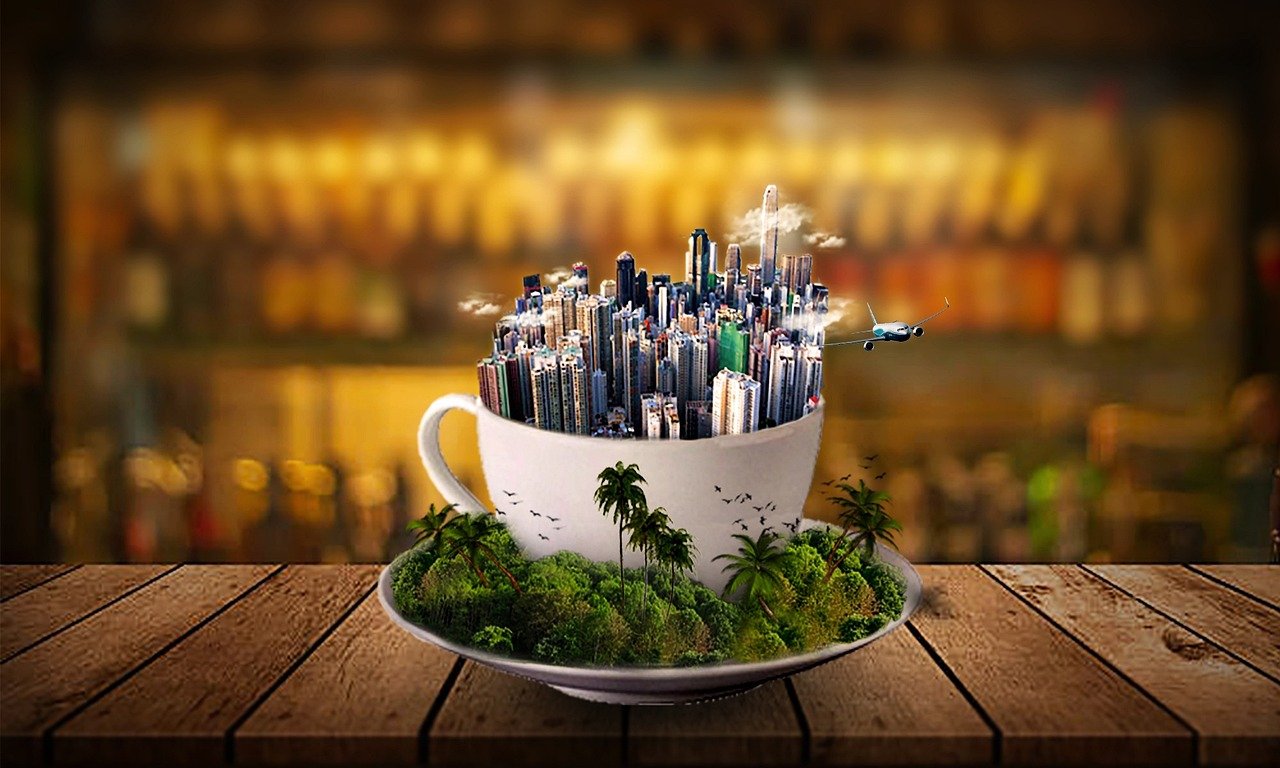
The cultural identity of Britain is undergoing a profound shift. It’s not a quiet evolution—it’s a symphony of digital rhythms, algorithmic creativity, and new-age storytelling. At the heart of this change lies one undeniable truth: technology is no longer just a tool; it’s an architect of lifestyle and self-expression.
Walk into a gallery in Shoreditch or browse an NFT marketplace hosted out of Manchester, and you’ll see it—digital art is not fringe anymore. UK artists are embracing code as pigment, pixels as brushstrokes. Platforms like Tezos and HEN (Hic et Nunc) have allowed young creators from Cardiff to Glasgow to mint, sell, and showcase their work globally without leaving their studios.
The UK music scene has always been on the frontier—from punk to grime—but now it’s algorithmic. Musicians are increasingly co-creating with AI tools that compose melodies, harmonise vocals, and even mimic vintage instruments. Artists like Holly Herndon or tools like AIVA and Amper have opened the door to collaborations between humans and machines that feel deeply personal—and oddly human.
Spotify’s AI-curated playlists, meanwhile, are tailored with uncanny accuracy. It’s not just about taste; it’s about mood prediction, tempo alignment with walking pace, and even time-of-day emotion modelling. Music is becoming a reflection of you—refreshed hourly.
Fashion, too, is surfing the digital wave. British brands like Pangaia and newer AI-native labels are using machine learning to predict fashion trends, minimise waste, and recommend styles to consumers based on biometric and lifestyle data. TikTok’s influence, powered by algorithmic popularity, is now as important as any runway in Paris or Milan.
Meanwhile, DIY digital fashion—a booming trend among UK Gen Z—is exploding on platforms like Roblox and Zepeto, where users design and sell virtual clothing for avatars. What you wear online might soon matter more than what you wear outside.
In the metaverse, British creators are building new realities. London-based collectives are hosting VR exhibitions in Unity-built spaces, while schools across the UK test virtual classrooms that blend performance art with immersive storytelling. For many, especially post-pandemic youth, VR isn’t escape—it’s creative liberation.
Join thousands of UK professionals who turn to Stockroller daily for cutting-edge innovation, insightful market analysis, and expert industry perspectives.
Begin Your Journey NowEven British literature isn’t immune to tech's embrace. Interactive novels, AI-generated plot twists, and immersive audio storytelling (a booming podcast market) are redefining how stories are told and experienced. Writers are beginning to code narratives, and readers—especially on platforms like Wattpad—are co-creators of the journey.
The rise of "choose-your-emotion" fiction, where readers navigate storylines based on mood rather than logic, is gaining popularity in digital reading clubs and academic circles alike.
As the UK continues to fuse tradition with innovation, it becomes clear that culture is no longer fixed—it’s fluid, fed by fibre optics and shaped by networks. Whether it’s an AI DJ spinning at a rooftop party in Bristol or a virtual sculpture being unveiled in Edinburgh, Britain’s lifestyle revolution is not just happening—it’s accelerating.
One question remains: in this rush of technology and art, are we finding new ways to connect—or simply new ways to perform?
Culture in Britain has always been a mirror of its time. Today, that mirror is a screen—and it reflects a nation constantly reinventing itself.
© Copyright Stockroller Ltd. 2025. All Rights Reserved